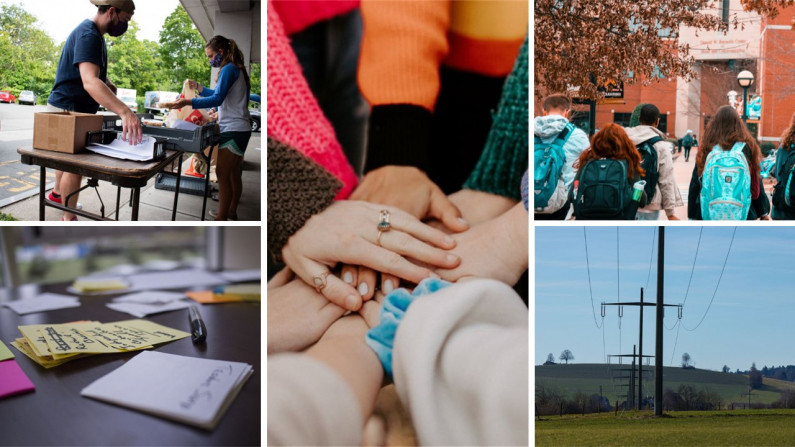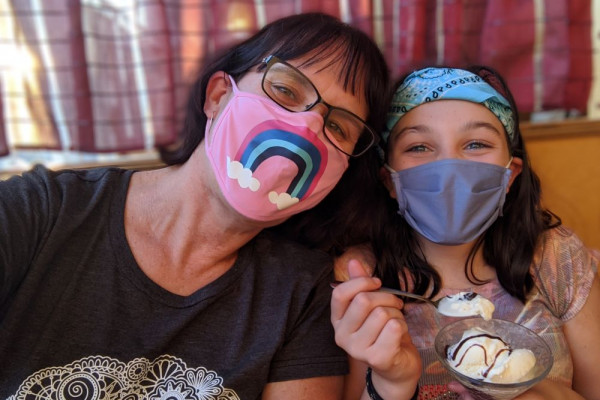Today, the Vermont Community Foundation announced nearly $500,000 in grants and mission investments to support Vermont communities responding to the spread of COVID-19 in Vermont.
Read more about "Vermont Community Foundation Announces Key VT COVID-19 Response Fund Developments"Share Our Post:
What We're Learning from the VT COVID-19 Response Fund Recovery Initiatives

Last September, we announced five recovery initiatives that address key challenges magnified by the COVID-19 pandemic and set the state on a pathway to more equity and greater community and economic resilience in the face of future disruption: Rural Entrepreneurship, Food System Resilience, Rural Connectivity, Learning in Transition, and Welcoming, Equitable, Anti-Racist Communities. Over the past few months, we have interviewed the team leaders for each recovery initiative to understand why the Community Foundation chose to focus on each as part of its pandemic recovery strategy.
As we reflect on our five conversations, we want to share a few key takeaways:
Recovery grantmaking must address pre-crisis conditions to improve post-crisis conditions.
Regions still struggling with impacts of the Great Recession, 70,000 households and businesses with little to no Internet, one of the highest poverty rates among young adults in New England, a history of racism and xenophobia—these were realities in Vermont before COVID-19, and any successful recovery activity must build on these existing conditions to create meaningful improvements.
Crises provide an opportunity to get creative, take risks, and advance knowledge on effective philanthropy.
Taking on rural broadband, supporting new platforms for getting food to those in need, or most notably, offering a free college course to every graduating high school senior like the McClure Foundation did, COVID-19 is an opportunity to showcase how philanthropy can create impact on key issues like food assistance and education, as well as inform larger funding streams like public dollars.
Taking on systemic issues is a long game and philanthropy must consider longer time horizons.
Making a community more attractive to entrepreneurs, bringing broadband to every corner of the state, changing culture and beliefs—these are huge tasks. But we need to start somewhere, and it’s important to take actions—like improving Internet access at local libraries or creating safe spaces for open dialogue on racism—that can be a stepping-stone to much broader change.
Crisis recovery starts in your own backyard.
Community is a common theme throughout each recovery initiative, and that’s because it is often the dedication and hard work of local, grassroots organizations that drives change on the ground. Extending or expanding the capacity of local changemakers is a great place to focus when thinking about how to help recovery after a crisis.
We encourage you to read each blog by clicking the hyperlinks below, and keep an eye out for opportunities to hear more about what we’re learning from COVID-19 response and recovery grantmaking.


